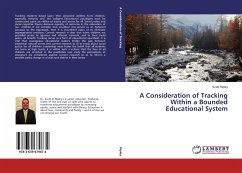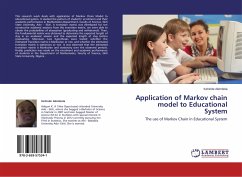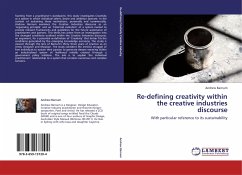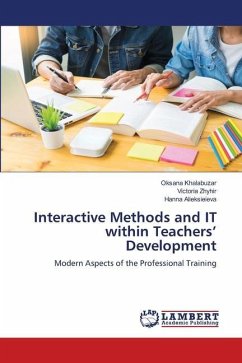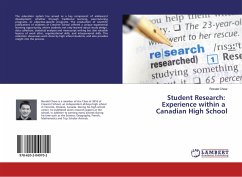Tracking students based upon their perceived abilities hurts children, especially minority and the indigent. Educational paradigms must be constructed upon an edifice of equity and access for all. Social justice and social cognitive theory demand equality of outcome in the education of our children. If we consider that erudition has served as an historical panacea to the oppressed, then it is incumbent upon us to eliminate segregationist practices. Current research is clear that when children are provided access to rigorous and relevant curricula, and to their social peers, all benefit. Tracking serves as a form of educational apartheid. It is vital that courageous educational leaders bridge the gap between existential cultural norms and current research so as to bring about social justice for all children. Leadership must foster the belief that all students can learn at high levels; it is within such a culture that the lives of all children are enriched. In this qualitative casestudy the perceptions of educators are considered against current research so as to inform a possible policy change in a local rural district in New Jersey.
Bitte wählen Sie Ihr Anliegen aus.
Rechnungen
Retourenschein anfordern
Bestellstatus
Storno

